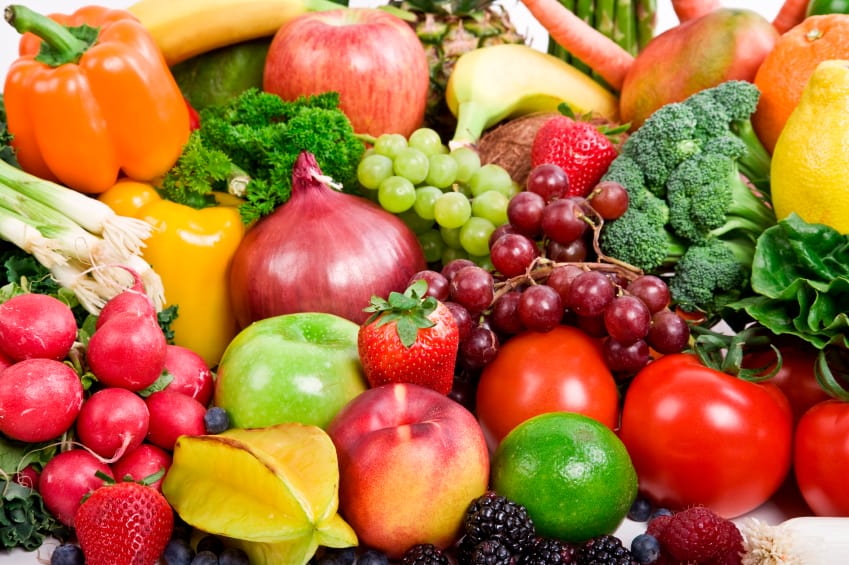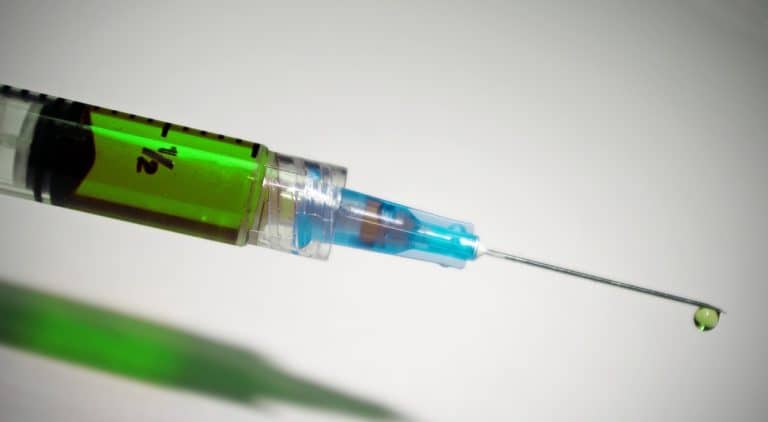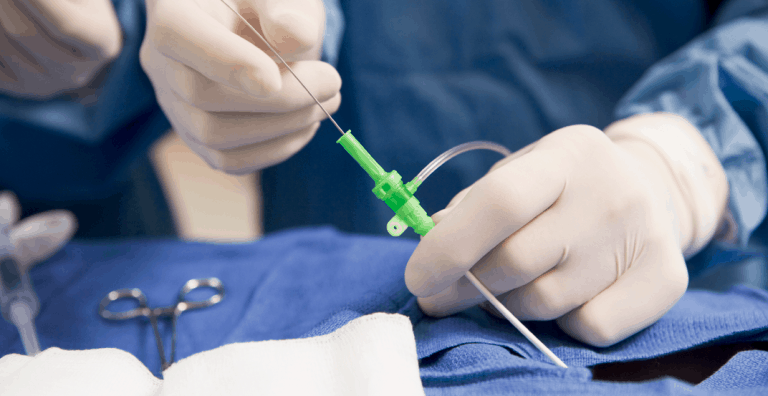This may not be the “news you’ve been waiting for” but if you want to prevent prostate cancer, it is certainly noteworthy. A November, 2016 study published in Molecular Nutrition and Food Research should have men rushing to the produce department! A study of 777 men diagnosed with prostate cancer showed that those who consumed more fruits and vegetables had higher survival probability at the 15-year mark. The dietary key was foods rich in fiber, proanthocyanidins and flavonols – in short, fruits and veggies.
- Fiber – We all need fiber. Among other benefits, it helps lower cholesterol and blood sugar by slowing digestion, thus helping prevent cardiovascular disease and diabetes.
- Proanthocyanidins – These plant-based powerful antioxidants are not considered essential for life in the way vitamins and minerals are. However, they have a protective function for skin, they help keep joints flexible, and have added benefits in the cardiac and circulatory systems. Studies with animals have shown that two particular proanthocyanidins from cranberries and grape seeds are toxic to tumor cells. Good fruit sources of proanthocyanidins include grapes (seeds and skins), apples, blueberries, cranberries, and black currants. Most vegetables are not high in proanthocyanidins, but peas and beans contain some.
- Flavonols – Although flavonols are not considered nutrients, they assist in lowering “bad” cholesterol (LDL) and reducing the risk of chronic disease. One flavonol, quercetin, has been linked with prevention of organ cancers such as prostate cancer. Foods high in quercetin include apples (skin only), blueberries, cranberries, kale and onions. Cooking may reduce its efficacy, so eating these foods raw is best.
The authors of the study found that those men who consumed higher than average amounts of fruits and vegetables had higher overall survival probability (death from any cause) at 15 years from the time of diagnosis. This was especially so for those who ate foods high in fiber and proanthocyanidins.
The risk of dying from prostate cancer at 15 years was particularly reduced by foods rich in proanthocyanidins and flavonols. The authors concluded, “High consumption of fruit and vegetables offers an advantage in survival among the rising number of men living after a PCa diagnosis.”
The moral is, fruits and vegetables high in proanthocyanidins and flavonols may help prevent prostate cancer, may help protect current patients from disease progression, and contribute to your overall longevity. Consider buying organic produce, but the most important thing is to increase the amount.
Copyright by Dan Sperling, MD. Reprint permission courtesy of Sperling Prostate Center (New York, Florida), the leading U.S center for multiparametric detection, diagnosis and image-guided focal treatment of prostate cancer.
Read more in our Prostate Cancer Health Center.
Reference
Taborelli M et al. Fruit and vegetables consumption is directly associated to survival after prostate cancer. Molecular Nutrition and Food Research 2016 Nov 2.







